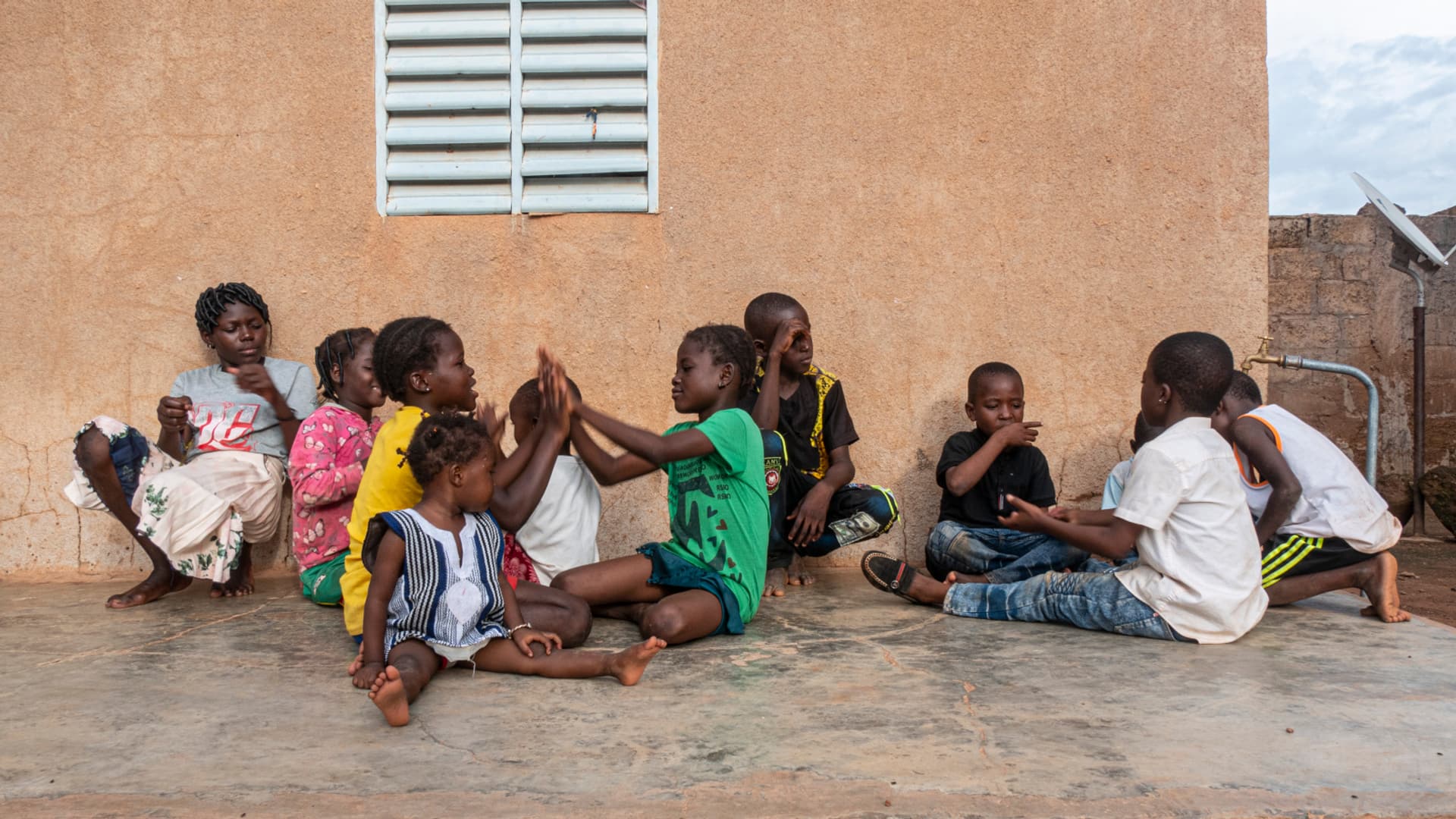On Monday 16 October, the Internal Market and International Trade (INTA) committees of the European Parliament (EP) adopted their joint position on keeping products made using forced labour out of the EU market and stopping forced labour along companies’ supply chains across the world.
The use of forced labour is widespread across the globe. It is estimated that about 27.6 million people are in forced labour. Of these more than 3.3 million are children. Most forced labour occurs in the private sector.
Terre des Hommes International Federation welcomes the EP Committees for their adoption of the proposal, which marks a significant improvement over the European Commission’s initial proposal from last year. This earlier proposal failed to adequately address the critical issue of protecting workers from forced labor, particularly children. The revised proposal now places remedies for these issues at its core. The EP Committee’s adopted proposal would put in place a framework to investigate the use of forced labour, protect and provide victims access to appropriate and effective remedies and sanction perpetrators of forced or compulsory labour. If a company has been convicted of using forced labour, all import and export of the related goods would be halted at the EU’s borders and companies would also have to withdraw goods that have already reached the EU market. These would then be donated, recycled or destroyed.
Goods that have been removed from the EU market could be allowed back only after the company has convincingly demonstrated that it has stopped using forced labour in its operations and supply chain and that it has remedied all victims irrespective of their presence, residence and migration status in the national territory. The inclusion of remedies for all workers trapped in forced labour would thus become a legal obligation for the economic operators.
The EP committees have made a crucial amendment to the Commission’s proposal by expanding the definition of forced labor. This broader definition now encompasses some of the worst forms of child labor when they align with the ILO guidelines’ operational definitions and indicators for forced child labor.
The role of international cooperation as well as civil society organisations to address the root causes of forced labour would also be strengthened. However, while the EP Committees’ proposal has included important provisions for the protection of victims of forced labour, including of children, the investigative framework proposed is weak and unrealistic due to the amount of evidence required to start an investigation and the short deadlines to determine if cases of forced labour have occurred. This is crucial, as investigations can ultimately result in banning products produced through forced labor.
The proposal by INTA and the Internal Market committees will now move to the European Parliament’s plenary session for confirmation as the EP’s negotiation mandate with the Council. Once the Council adopts its position, inter-institutional trialogue negotiations will commence. We will continue to advocate and push for the further improvement of the legislation and its adoption before the next EP elections in June 2024.
Photo credit: Tdh/Noomwindé Sawadogo /Brand Image

